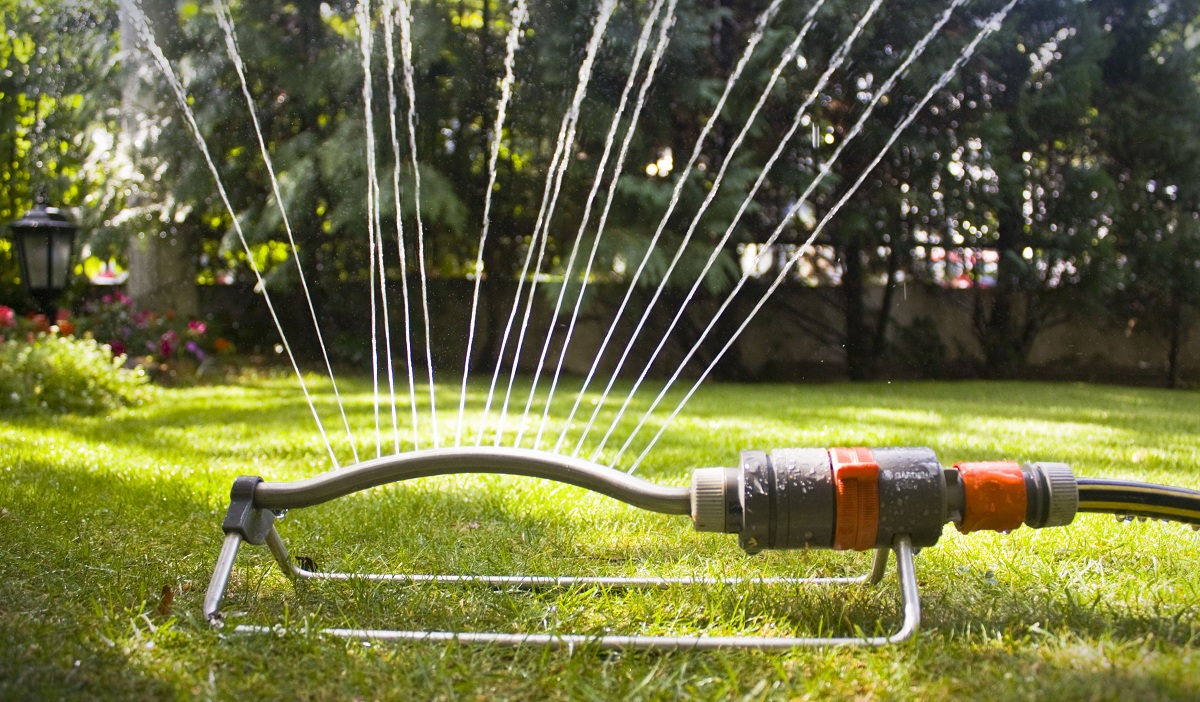The UK’s current water policy framework is not robust enough, Environment Minister Ian Pearson said today as he launched a debate on a revised National Water Strategy.
Speaking to an industry audience at an IPPR seminar on the link between climate change and water, Mr Pearson called for preconceptions and policies to change to meet the increasing challenges posed by changing climate, housing patterns and lifestyles.
“With the wettest autumn and winter since 1914, the threat of water shortages this summer looks unlikely”, he said. “But this April average temperatures in the UK look likely to be at record highs, so there is no room for complacency. England and Wales already have less water per person than in most Mediterranean countries. In the South East, there is less water per person than in Syria or the Sudan. And that is the situation today. As demographic changes and the impacts of climate change increasingly begin to be felt, the situation could become even more serious.
“Last year’s drought was a microcosm of the challenges we will face. Along with the science on future climate impacts it has convinced me that our current water policy framework will not be robust enough to withstand these challenges. I believe it is vital that as water companies and regulators plan ahead for the next 25 years, Government is providing them with a strong new sense of direction, ambition and priority.”
The Minister emphasised the need for climate change to be at the heart of the revised National Water Strategy, which will be published later this year.
“It’s now five years since our last review of water policy, Directing the Flow, was published” he said. “But it is looking tired and outdated. Our previous assumptions about an old wet Britain need to change. Predict and provide will no longer be enough. We are moving to a new dry Britain where we need to be smarter and more flexible about our water use. I believe our preconceptions, and our policies, need to change. The National Strategy for Water will be the space for that change, setting a vision for 2030.”
Mr Pearson spelled out some of the solutions he felt the revised strategy should address. As well as protecting the resilience of the water supply network he challenged water companies on their greenhouse gas emissions.
“I believe there is scope for ambitious voluntary agreements from companies to reduce emissions, in addition to mandatory action” he said. “A number of companies are setting themselves stretching targets to reduce their own greenhouse gas emissions. Is this not possible across the sector as a whole? I would like to challenge the industry to think about this. I believe there is also unparalleled potential for renewable energy in the water sector. I am keen to explore how far the Government and industry can work together to exploit these opportunities.”
Mr Pearson highlighted the impact of water pollution, and the responsibility of all sectors, including business, agriculture, and individuals to work to reduce this, not just for the ecological benefits it would bring but to reduce the knock-on effect of higher treatment requirements and energy use.
He also reminded consumers of the immense power of individuals to make a difference. “Domestic hot water use – from baths, showers, taps and white goods, but not from central heating – emits about 30 million tonnes of carbon dioxide a year. That’s over 5% of the UK’s total annual greenhouse gas emissions. And that is seven times as much as that emitted by the water industry.
“Through greater water efficiency a reduction of hot water use in households by just 15% would save the equivalent of taking 800,000 cars off the road. This shows the immense power individual consumers have, and that every small action can have massive effects”.
Mr Pearson added:
“We don’t have a choice between climate change mitigation and adaptation, we must do both. We must also do both in a way that helps achieve our environmental water quality objectives, safeguards affordability, and fosters an innovative and competitive water industry.”
The revised National Water Strategy is being developed in consultation with key industry stakeholders and will be published later this year. Further details are available at http://www.defra.gov.uk/environment/water/strategy/index.htm
